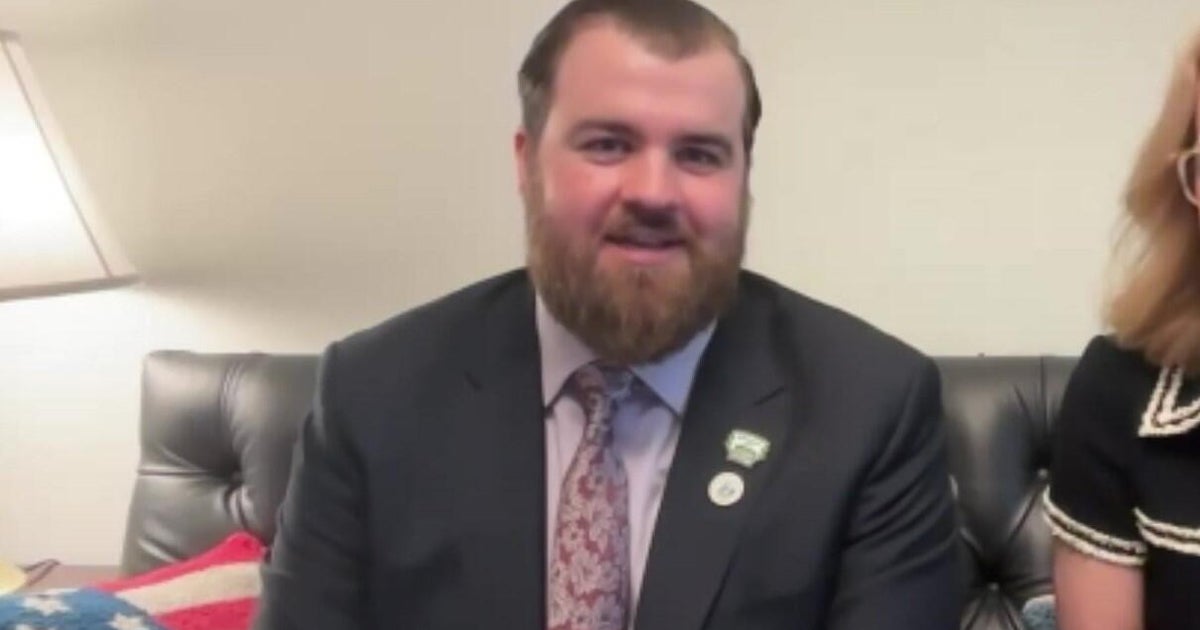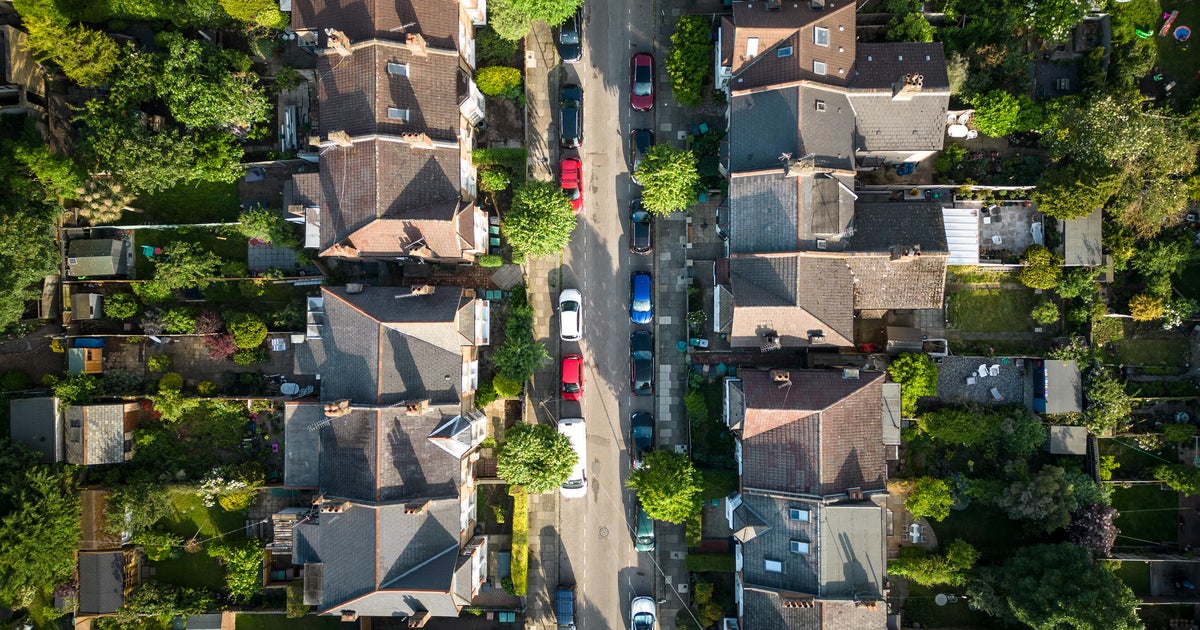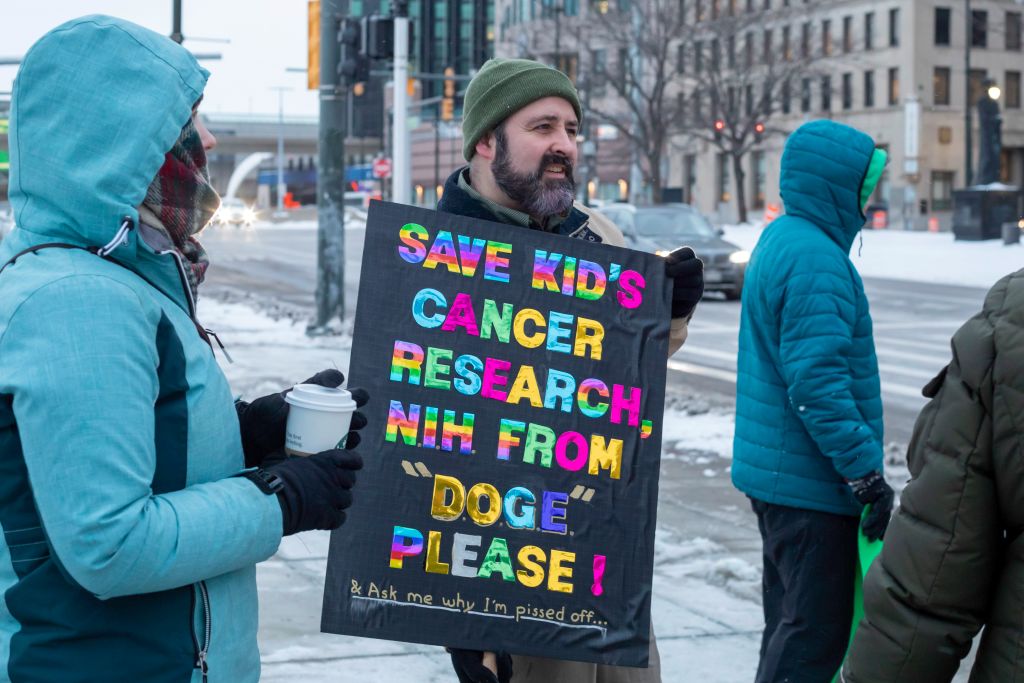Panel of experts outside the government could determine who gets the COVID-19 vaccine first, NIH director says
Public health officials told a Senate committee Thursday that a panel of experts outside the U.S. government may help decide who gets the eventual COVID-19 vaccine first. National Institutes of Health Director Dr. Francis Collins acknowledged that the public could be wary of the U.S. government having final say on who gets the first doses.
"We think that might be something best done, in a circumstance, by an organization that is not itself governmental," Collins said in a hearing about "Operation Warp Speed," the Trump administration's plan to develop a vaccine by the end of the year. "Because it's still the case, I think, that people are a little uneasy about the government calling the shots here."
Collins said now may be the time "to actually bring together a group of big thinkers who can take a high-level view of this that can lay out a foundation of principles." He said there are already early discussions with the National Academy of Medicine, a non-profit that advises governments and businesses on health issues.
Collins said he hopes to have principles for distribution laid out by Labor Day. "It looks promising," he told the committee.
CBS News has reached out to the National Academy of Medicine for comment.
CDC Director Robert Redfield said the CDC would ultimately have the "prime responsibility" of distributing doses. Redfield emphasized the need for figuring out strategies to help vulnerable and undeserved populations, such as setting up mobile units for vaccine shots.
Collins, Redfield and acting Biomedical Advanced Research and Development Authority Director Dr. Gary Disbrow all expressed cautious optimism that the U.S. government is on track to develop a safe and effective vaccine by the end of 2020, and have 300 million doses ready in early 2021.
They said dozens of vaccine candidates are being tested now, and there could be multiple successful vaccines in the end. One potential vaccine developed by Moderna and the NIH is entering the final stage of human trials this month.
According to current CDC guidance, the first populations to get a new vaccine that's in short supply would be front-line and essential workers such as public health personnel, critical health care employees, law enforcement and the manufacturers of the vaccine. Pregnant women and toddlers are also in the first priority group. Healthy adults between the ages of 19 and 64 are expected to be the last group to get the vaccine.



